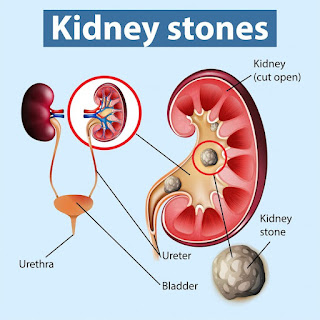After Care for Kidney Transplant
Introduction
The sustained success of a kidney transplant relies on several factors. It is essential to:
- Regularly consult with your transplant team and adhere to their guidance.
- Consistently take your anti-rejection medications in the prescribed dosage and at the designated times as directed by the transplant team, preventing your body from rejecting the new kidney.
- Adhere to the recommended timetable for laboratory tests and clinic visits to monitor the proper functioning of your transplanted kidney.
- Adopt a healthy lifestyle, encompassing a balanced diet, regular exercise, and weight management if necessary.
Rejection and Transplant Medication
Rejection stands out as a significant complication that may arise post-transplant. Given that the transplanted kidney is not native to your body, it is perceived as "foreign," prompting your body to defend itself by attempting to "attack" it. Strict adherence to prescribed anti-rejection medication is crucial to prevent rejection.
Are there distinct types of rejection?
Two common types of rejection exist:
- Acute Rejection – Typically occurring at any point within the first year post-transplant, it can usually be effectively treated.
- Chronic Rejection – Progressing gradually over an extended period, this type of rejection often proves challenging to treat successfully.
What are Anti-Rejection Medications?
Anti-rejection (immunosuppressant) medications are designed to diminish the body's natural immune response to anything deemed "foreign," particularly in the case of your transplanted kidney. These medications suppress your immune system, preventing it from rejecting the new kidney.
Why is it crucial to take anti-rejection medication?
It is imperative never to discontinue your anti-rejection medication, regardless of how well you feel or if you believe your transplanted kidney is functioning optimally. Ceasing or missing doses can lead to rejection. Detecting kidney rejection in its early stages is challenging, and once initiated, rejection is often irreversible, resulting in the loss of the transplanted kidney.
Recovery After Kidney Transplant
- Embrace a nutritious diet.
- Initiate an exercise routine.
- Cultivate an emotional support system.
- Steer clear of proximity to unwell individuals.
- Maintain consistent adherence to your prescribed anti-rejection medication.
- Avoid contact with those who have recently received a live vaccine.
- Attend all scheduled appointments and undergo necessary lab tests.
For Consultation or Treatment do Visit: Kharghar Multispeciality Hospital
Thank you for visiting here,
Kharghar Multispeciality Hospital.
For more information:
Contact: +91 9594810508 | +91 9594910508
Location: The Crown, first & second floor, plot no 15,16, sector 15, Kharghar, next to D-mart and Reliance Digital, Kharghar, Navi Mumbai, Maharashtra 410210.




Comments
Post a Comment